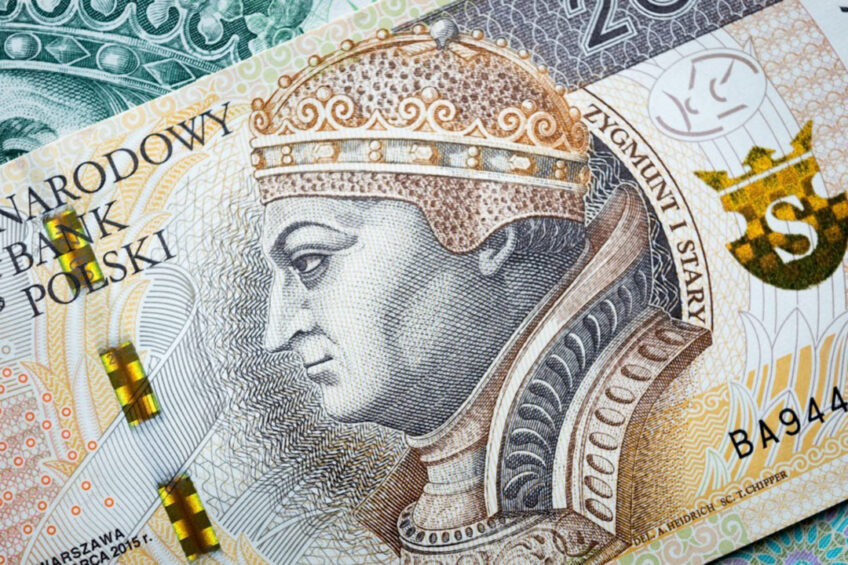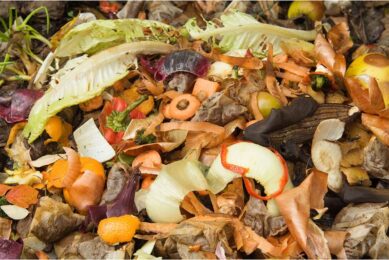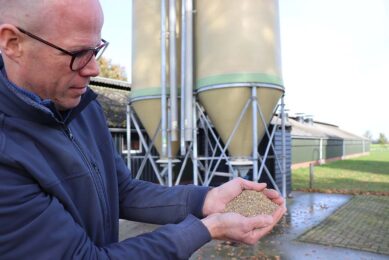Polish poultry farmers voice concerns over feed shortage

Due to soaring prices for poultry feed in Poland, the average price of broiler meat in the country has jumped by 39% over the past 6 weeks, Polish business organisations said in a joint appeal to the government.
Prominent Polish poultry unions – the National Chamber of Poultry and Feed Producers, the Polish Federation of Poultry Breeders, Polish Poultry Producers Association, and Poldrób – called the on authorities to double efforts aimed at constraining the rise in the price of feed, which spiked by 89% since mid-February.
The unprecedented price hike caused a price shock in the poultry industry, the Polish newspaper Forsal reported, citing local market participants.
Stefan Chrzanowski, director of Poldrób, told the publication that feed prices are responsible for about 60-70% of the recent price rally in the Polish broiler meat market.
The situation on the cereals market is serious
“The poultry industry cannot react to the huge increases in the price of inputs other than by raising prices for end customers. Unfortunately, the current situation on the cereals market is so serious that the challenge we face is not only about the increase in prices, but also about the availability of raw materials,” he stated.
The prices are likely to reach their peak right before Easter when the demand for poultry meat and eggs is projected to be exceptionally high, he added.
Katarzyna Gawrońska, director of the National Chamber of Poultry and Feed Producers, warned that the rapid increase in feed prices not only harm the Polish agricultural industry but also fuels the inflation that the government and the Central Bank are trying to battle.
“The state should engage all possible tools that could lead to a decline in the prices of grains and feed,” Gawrońska said.
Further deterioration predicted
“The existing upward trend in feed prices has been accelerated by Russia’s aggression against Ukraine, Dariusz Goszczyński,” general director of the National Poultry Council said, adding that as the conflict goes on it is not likely the upward price rally would stop on its own. The market situation is projected to deteriorate further to the point at which it would cause production disruptions, Goszczyński warned.
Another side of the problem is that the grain prices have been growing before the Ukraine crisis due to numerous factors, including growing demand from larger economies, like China, and some technical factors, such as increased involvement of financial investors in stock market transactions in agricultural commodities, Goszczyński said.
 Beheer
Beheer








 WP Admin
WP Admin  Bewerk bericht
Bewerk bericht